Singapore, Indonesia await start-up investors’ return, as Malaysia eyes regional launch pad status
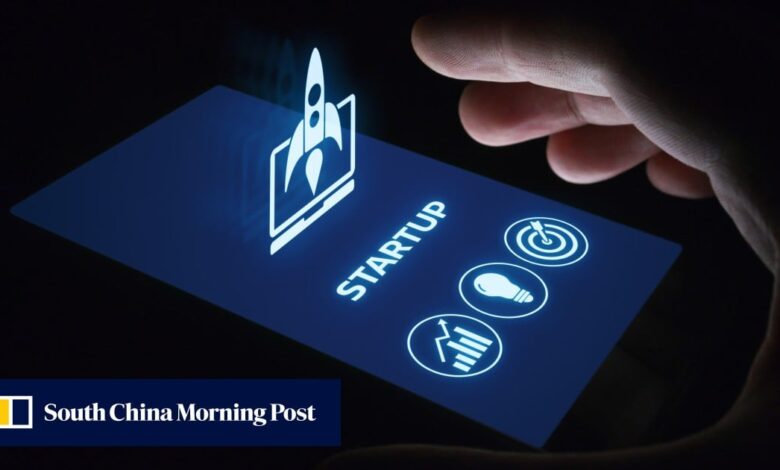
“Because of the more challenging investment environment, investors are becoming more selective and investing in companies that are past the ideation stage,” said Lawrence Loh, a professor at the National University of Singapore Business School.
Who is Truong My Lan? From market stall to Vietnam’s biggest fraud case
Who is Truong My Lan? From market stall to Vietnam’s biggest fraud case
The city state earned a place alongside some of the world’s largest start-up ecosystems like those in Silicon Valley and New York in the global top 10 ranking from innovation policy and research firm Startup Genome last year.
It ranked eighth, leaping 10 places from a year before and overtaking regional peers Shanghai, Seoul and Tokyo, landing just behind Beijing.
“There has been a wave of ideas in the tech and digital spaces recently, but there has been a shift to a preference for later-stage funding because these are ideas that are more amenable to commercialisation,” Loh said.
There has been a shift to a preference for later-stage funding
Founded in 2020, Bolttech, a Singapore-based insurance tech unicorn, recently raised US$246m in its series B funding round after a US$50m contribution from an investment firm.
Operating an exchange that allows insurers, distributors and customers to buy and sell insurance products, the company has received a licence to operate in all US states and in October began considering a US$300m initial public offering in the country, sources told Bloomberg.
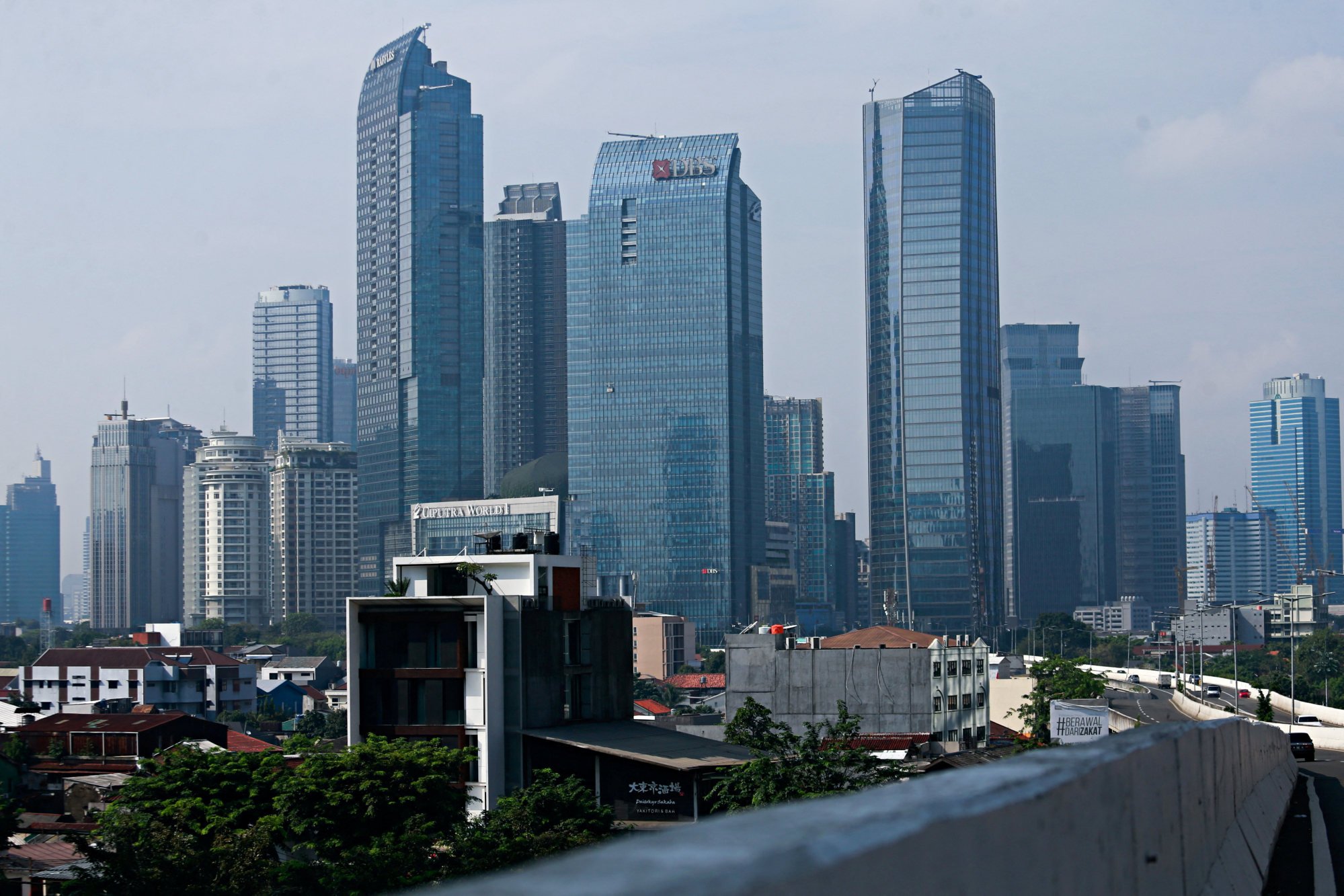
Going green in Indonesia
Interest in sustainable energy start-ups is increasing, Amvesindo’s Ismawan said, as Indonesia looks to go green.
“Start-ups making waves in the green sector, climate change and affected social issues are on the rise as far as funding goes,” he said.
While Singapore scoops up the most venture capital cash and praise for nourishing a modern, legally sound start-up ecosystem, experts say Indonesia is becoming more investor-friendly, powered by a vast and increasingly connected population.
Why Indonesia is poised to become the next AI start-up hub
Why Indonesia is poised to become the next AI start-up hub
Southeast Asia’s largest economy was valued at around US$1.3 trillion in 2022, with household disposable income forecast to reach US$1.08 trillion this year. There are an estimated 180 million e-commerce users in the country, spending US$56 billion in total in 2023.
And there’s always room for more innovative start-ups, according to Jakarta-based financial analyst Adi Wijaya.
“I think there are still opportunities for ventures focusing on credit loans and new marketplace platforms able to fill in market gaps,” he said, adding that Indonesia’s status as Southeast Asia’s largest market is conducive for consumption-based start-ups.
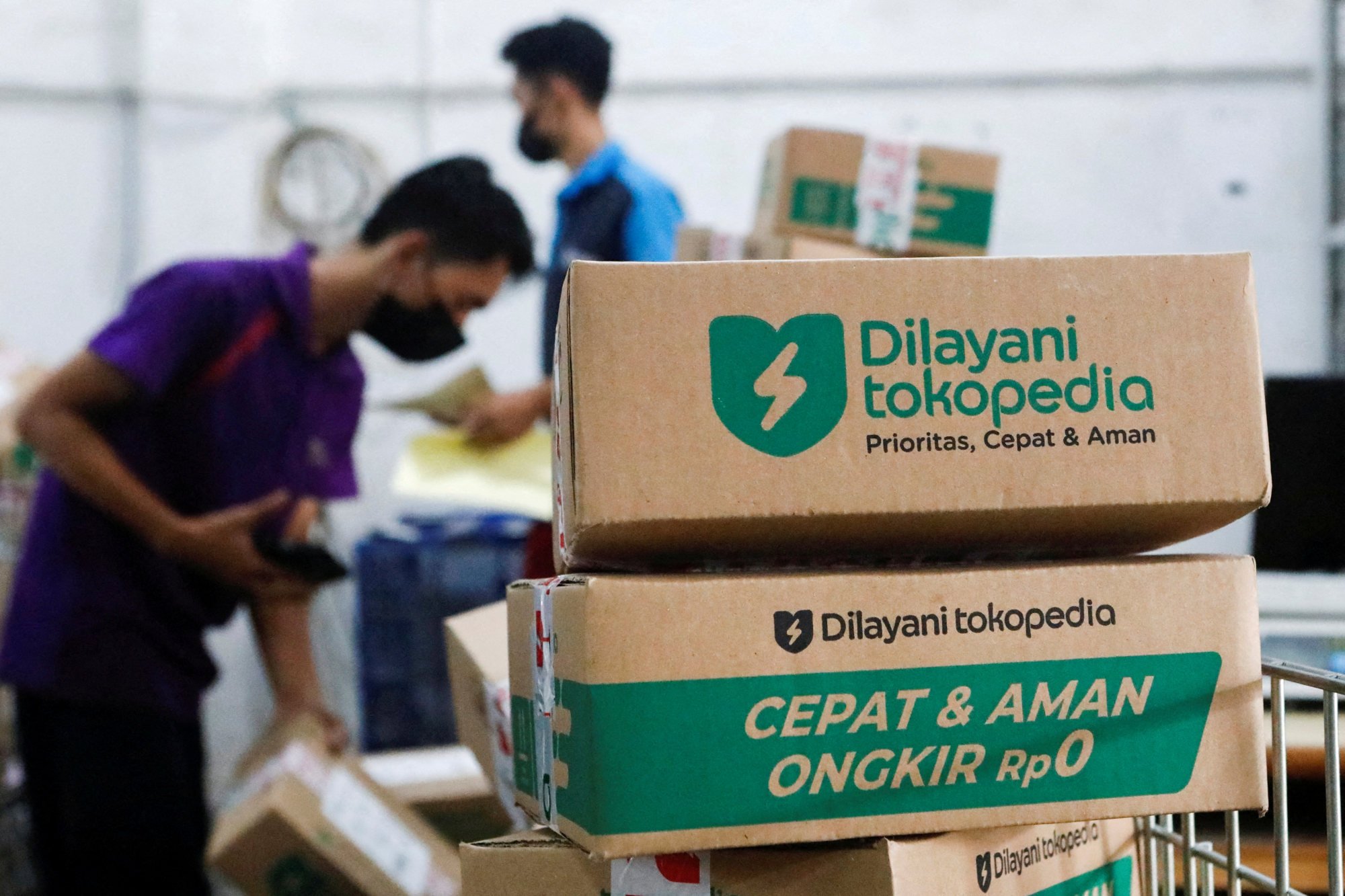
Indonesia is currently home to around 2,300 start-ups, 14 of which are unicorns, meaning they have an overall market valuation of more than US$1 billion.
“The ban showed [the Indonesian] government’s resolve in supporting home-grown start-ups,” Wijaya said.
“TikTok Shop’s operations had started to encroach on the market share of Indonesia-based start-ups like Tokopedia and the government decided to act.”
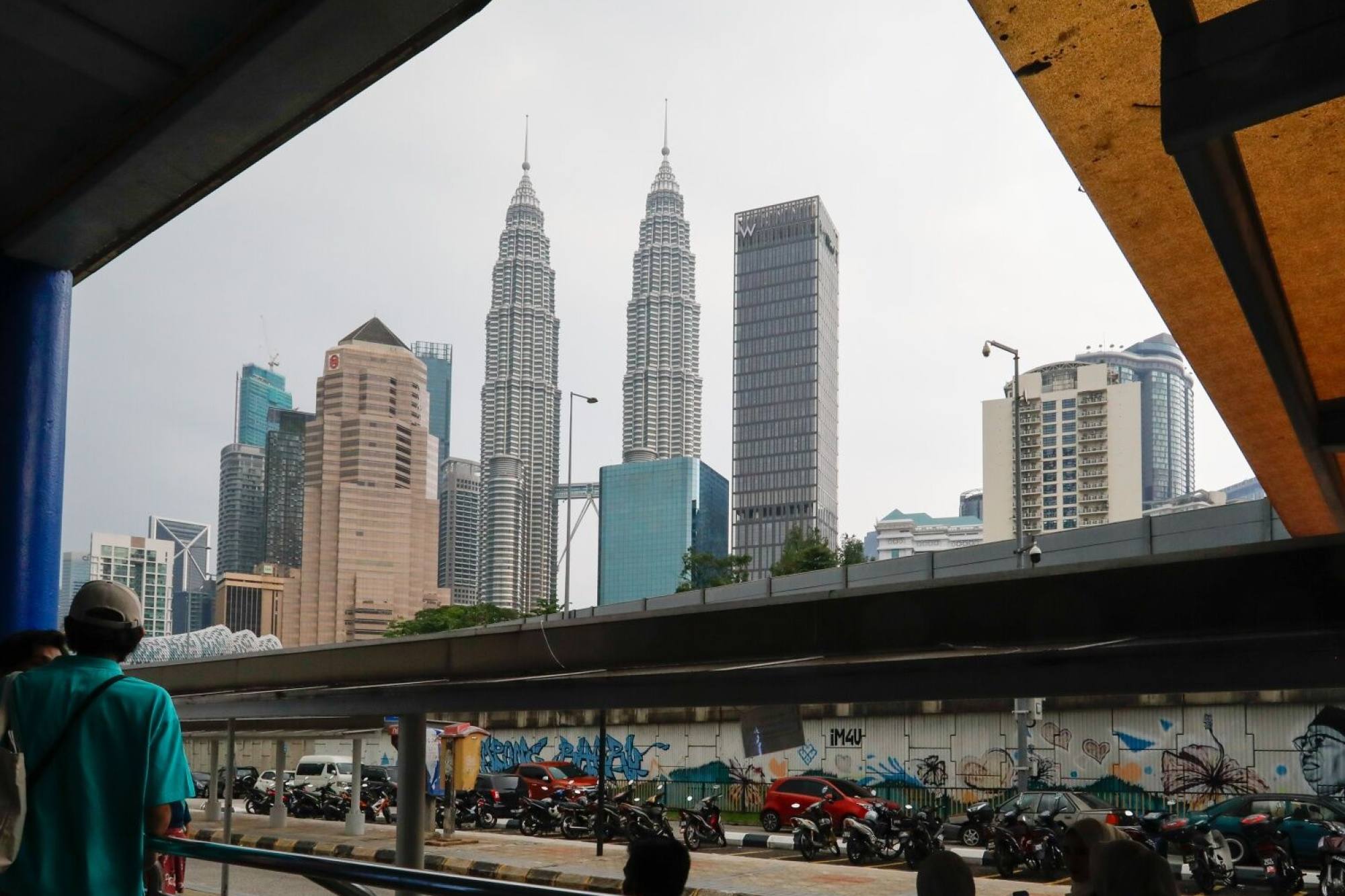
Malaysia: regional launch pad?
Smaller markets with big dreams of curating a sustainable start-up space may find themselves in a holding pattern this year as investors test the waters.
“Malaysia’s strategic role is to provide the soft landing ground for foreign start-ups to build their regional operations, familiarise themselves with the cultural nuances of the Asean market, and test their products’ market fit before venturing to the next country,” Eric Lee, from Digital Districts, an Asean tech ecosystem builder, told This Week in Asia.
“This allows foreign start-ups to validate their offerings in Malaysia first, and gain invaluable cultural insights that would increase their chances of successfully entering the next Asean country,” Lee said.
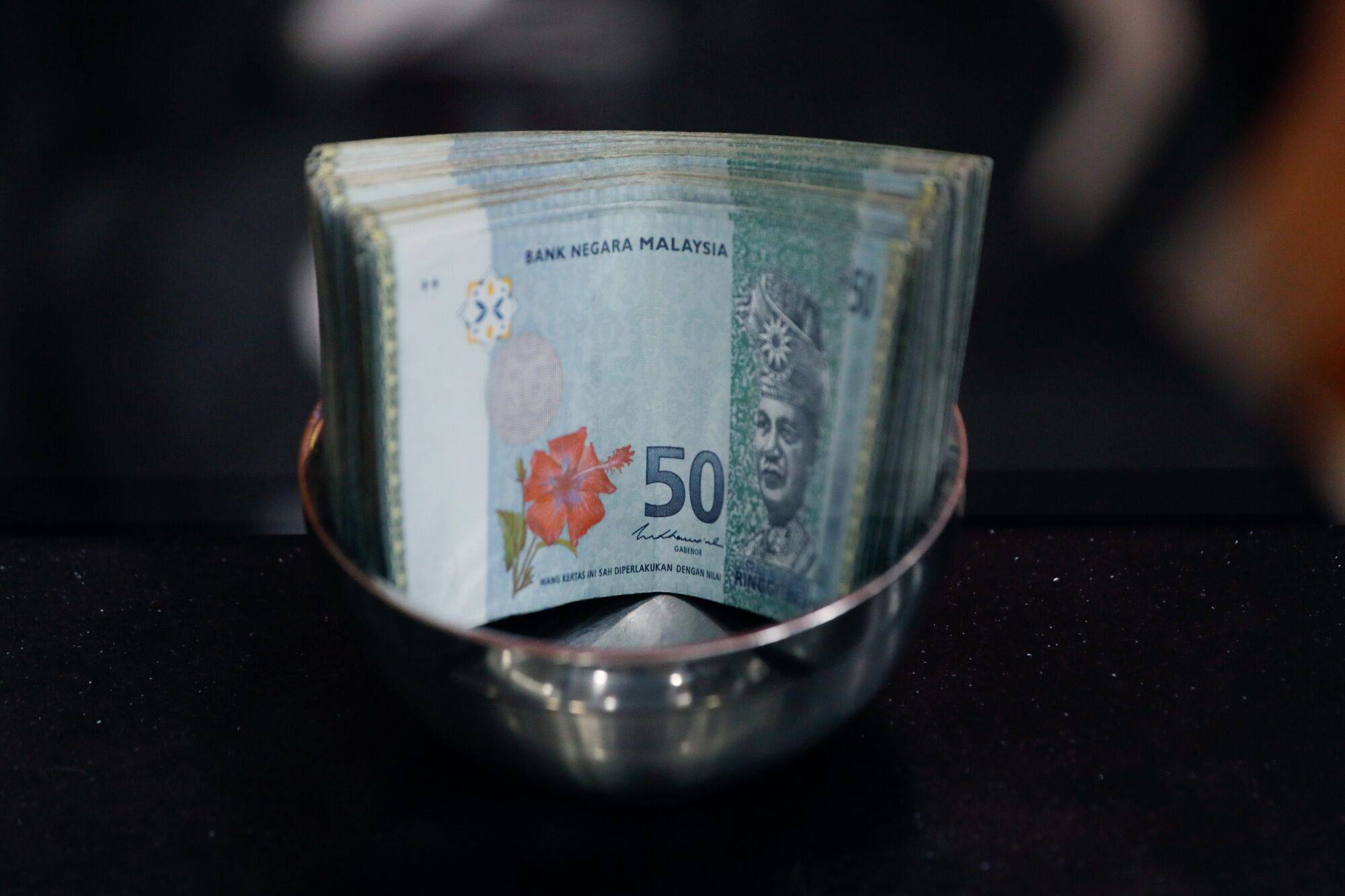
But the main challenge facing start-ups in Malaysia is the complex government structures at both federal and state levels.
“As long as the foreign start-up does not require any licences, approvals, or funding from the government or regulators, they should be good to go,” Lee said.
“If they do, then they will encounter a lot of red tape and bureaucracy that could set back their expansion plans.”

